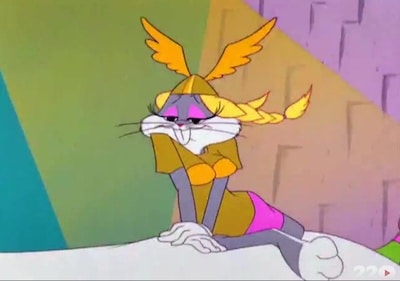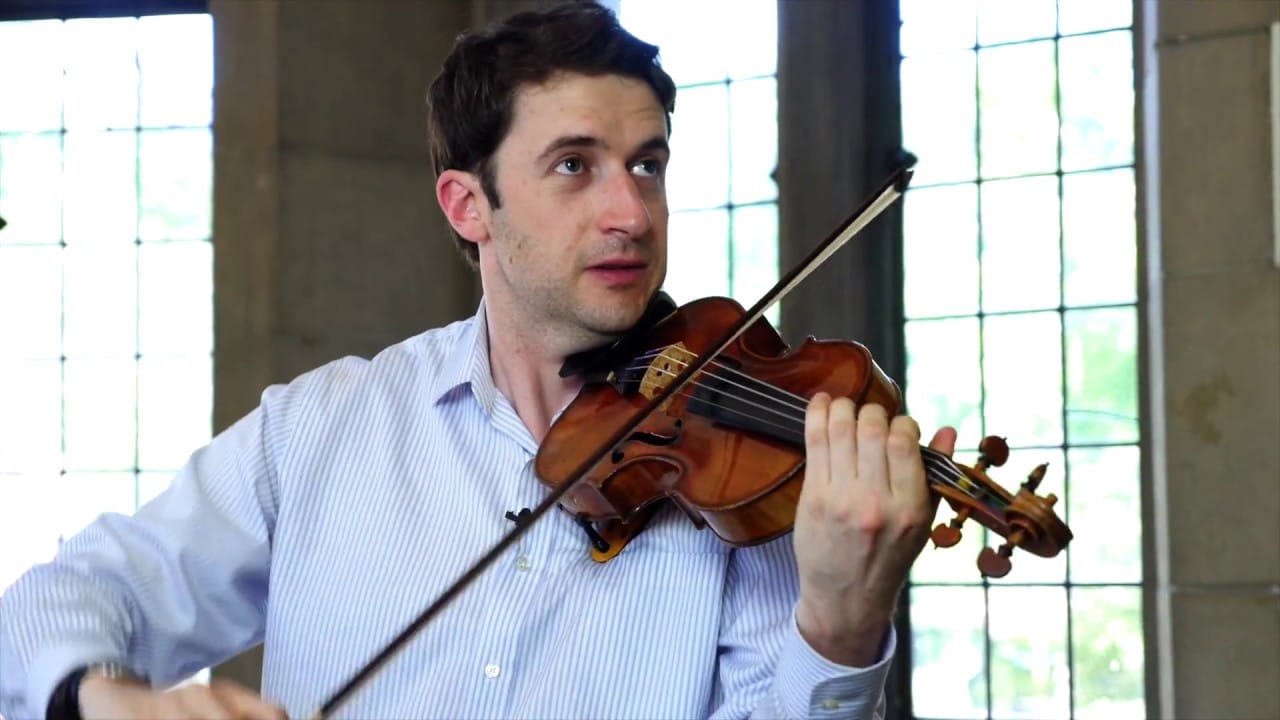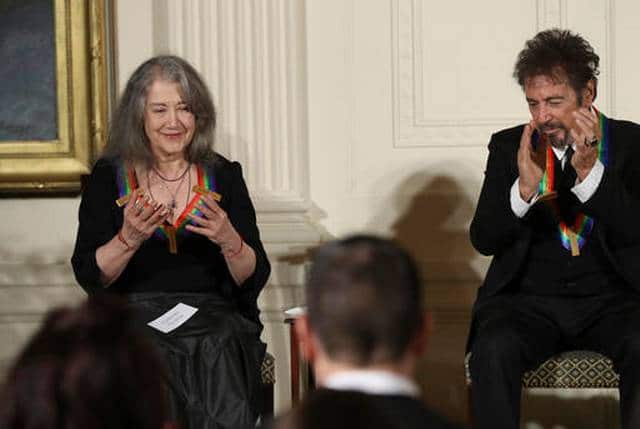Pass the matches, Bwunnhilde
OperaMessage from the Wagner Society of New York:
Professor Paul Goldmark of Case Western Reserve University will discuss the use of the music of Richard Wagner on the antics of Daffy Duck, Elmer Fudd, Bugs Bunny, and Woody Woodpecker during the mid-20th century.
Prof. Goldmark, the Head of Popular Music Studies at Case Western Reserve University, will discuss the connection between some of the most well-known music of Richard Wagner and Hollywood cartoon art of the 1930s-1950s. His presentation will be profusely illustrated by clips of hilarious cartoons such as the classic What’s Opera, Doc? which is the source of the immortal lines, “Kill the wabbit” and “Oh Bwunhilde you’re so lovely.”
This event will be held on Friday, February 17, 2023, from 6:30 PM – 8:00 PM, at the National Opera Center, 330 Seventh Avenue (between West 28th and 29th Streets) in Manhattan, convenient to the #1 subway and the #7 or #20 Manhattan bus lines.
The event is a program of the Wagner Society of New York: https://wagnersocietyny.org. Admission is free to members of the society and $25 to non-members, but advance registration is required. Register at: https://wagnersocietyny.org/goldmark-cartoons. Inquiries at info@WagnerSocietyNY.org.






Comments